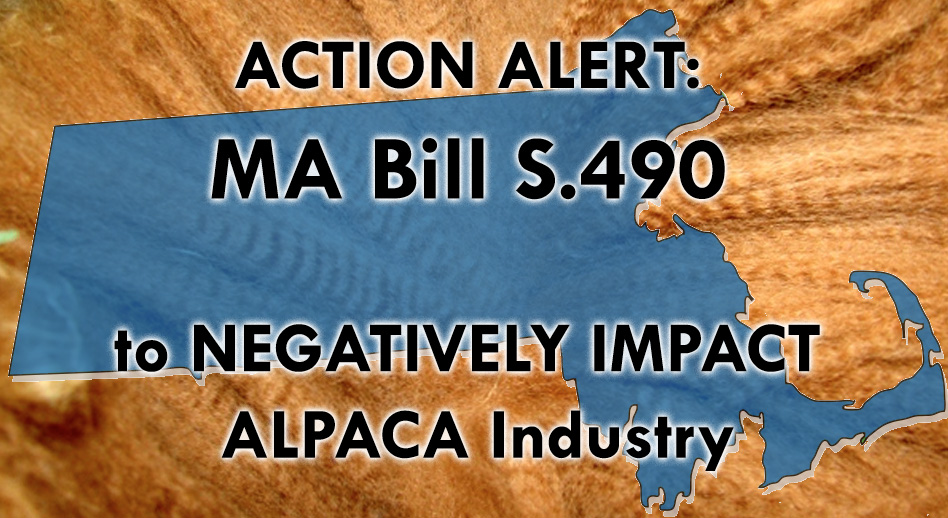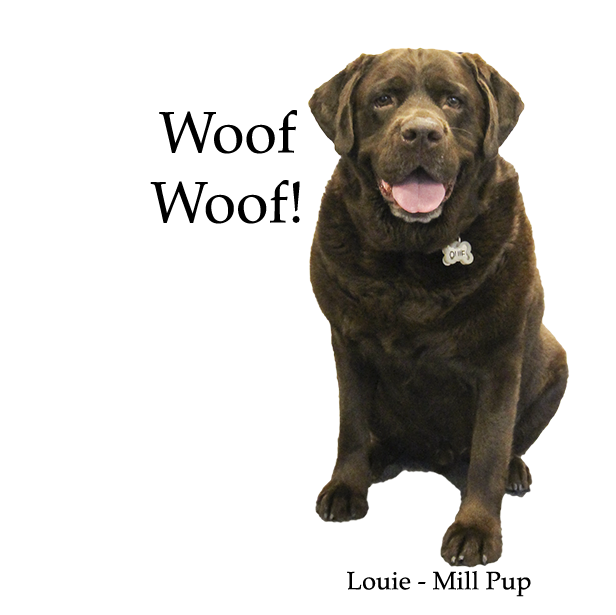Recent Blog Posts
-
01/17/2025Reviews: What People are Saying About The Survival Sock!
-
09/13/2024Download A Free Handwear Informational Print Out!
-
09/13/2024NEW Downloadable Content: Know Your Alpacas! Coloring Page
-
08/16/2024NEW Downloadable Content: National Alpaca Farm Days Word Search
-
06/21/2024VIDEO: What to Expect When You Submit Your Fiber to NEAFP
-
05/24/2024VIDEO: Getting Started Submitting Alpaca Fiber
-
05/24/2024NEW Downloadable Content: Memorial Day Coloring Page
-
05/03/2024Do I need to skirt my fiber before submitting to the fiber pool? NEAFP TV S01 E01
Alpaca Coloring Pages
- Happy Memorial Day 2024: Alpaca's Grazing
- Winter #1: Build a Snowman Activity
- Winter #2: Extreme Sports
- Valentine's Day: Alpaca Wedding
- St. Patrick's Day: Leprechaun
- Spring: April Showers
- Summer: Beach Day
- 4th of July: Colonial Alpacas
- Summer: Farmer's Market
- Fall: Apple Picking
- Halloween #1: Costume Contest
- Halloween #2: Spooktacular Halloween
- Thanksgiving #1: Giving Thanks Activity
- Thanksgiving #2: Pilgrim Alpacas
- Christmas #1: Deck the Halls
- Christmas #2: Santa's Workshop
Alpaca Fact Series
Business Resources
- Article: Email is still a MUST DO for all Alpaca Farms
- Article: Off the Beaten Path Event Ideas on the Alpaca Farm
- Download: Sock Photo Download Folder
- Graphics: Shop Small this Holiday Season
- Article: Form Follows Function: Dressing for Fall and Winter 2020
- Graphics: Sock and Handwear Comparisons
- Article: A Change in the Seasons: Farms Continue to Adapt into the Busy Harvest Season
- Graphics: How to Support Alpaca Farms
- Graphics: Alpaca Fiber Properties
- Article: Customer Retention: Building Customer Loyalty for your Ecommerce Business
- Article: Harnessing Storytelling to Market Your Business
- Article: The New Normal and a Renewed Support for U.S. Alpaca
- Article: Use Gift Cards to Increase Sales
- Article: Virtual Farm Tours: Bringing People & Alpacas Together in the Virtual World
- Graphics: Get the Most out of your Fiber Harvest
- Graphics: Alpaca Knitter's Yarn Guide
- Article: Mike and Sean's Adventure in Retailing
- Article: Harnessing Holiday Sales Momentum into the New Year
- Graphics: U.S. Alpaca Holiday Gift Guide
- Graphics: Small Business Saturday Resources
- Article: Tools and Topics for Implementing Healthy Soil Agriculture
- Article: Successful Social Media Marketing for Alpaca Farms
- Article: Agritourism on the Alpaca Farm
- Article: Finding Success at Fall and Winter Markets
- Article: Brand Identity & Your Local Community
- Article: Social Media: Alpacas are STILL Seriously Trending
- Article: Let's Get Personal: Expanding your Inventory with Product Personalization
- Article: Part 2: Promoting your Brand Online through Product Styling
- Article: Promoting your Brand Online through Product Styling
- Article: 7 Old School Ways to Spread the Word about your Event
- Article: 5 Ways your Open House can increase Future Sales
- Article: Top Alpaca Related Hashtags to increase your Reach!
- Article: Alpacas are SERIOUSLY Trending
- Article: How to Utilize CO-MARKETING
- Article: Farmers Share their Booths and Tips
- Article: Mobile Payment Survey Results
- Article: Product Photography Do’s and Don'ts
- Article: Driving Business After the Holidays
- Article: Marketing Reflection and Planning
- Article: The Slow Alpaca meets Slow Fashion
- Article: Use Gift Cards to Increase Sales
- Article: The Importance of Being Mobile Friendly
Action Alert: Massachusetts proposed bill S.490 to negatively impact Alpaca Industry
Action Alert: Massachusetts Bill S.490

Earlier
this year
Bill S490 was introduced in the MA State House of
Representatives that would ban all wild and exotic animal shows and
displays in the state. Due to the bill being poorly
written and vague, both
LLAMAS and ALPACAS would be considered an
exotic animal in this proposed legislature.
If passed as is, this bill could possibly have the unintended consequences of:
- Negatively impacting the natural fiber industry across the Commonwealth
- Outlawing Alpaca Shows across the Commonwealth
- Restricting the sale and transportation of Alpacas in the Commonwealth
- Reducing small farm revenue at farmers markets and festivals
- Negatively impacting small farm revenue across the Commonwealth
- 'Reducing Manufacturing Jobs associated with natural fiber processing
Currently the bill has been referred to the Joint Committee on Environment, Natural Resources and Agriculture for review and there will be a hearing on it (date not yet set).
NEAFP is actively in contact with state legislators and encourage all alpaca farms in MA and all of New England to speak out in OPPOSITION of Bill S.490.
Here are the MA State Representatives on the Joint Committee on Environment, Natural Resources and Agriculture
Email Contacts:
anne.gobi@masenate.gov
Mike.Rush@masenate.gov
James.Timilty@masenate.gov
James.Eldridge@masenate.gov
Thomas.McGee@masenate.gov
Ryan.Fattman@masenate.gov
Gailanne.Cariddi@mahouse.gov
RoseLee.Vincent@mahouse.gov
Thomas.Petrolati@mahouse.gov
Robert.Koczera@mahouse.gov
Mary.Keefe@mahouse.gov
john.velis@mahouse.gov
Christine.Barber@mahouse.gov
Dylan.Fernandes@mahouse.gov
Jack.Lewis@mahouse.gov
Donald.Berthiaume@mahouse.gov
james.kelcourse@mahouse.gov
Here is a copy of the email NEAFP sent out:
Hello Paul,
Thank you for taking the time to tour the New England Alpaca Fiber Pool facility last Friday. Knowing your commitment to agriculture, the environment and the economy, it was a pleasure to give you a tour of our unique business in Fall River.
Since your visit it has been brought to my attention that there is a bill before the Massachusetts House & Senate (S 490 or SENATE DOCKET, NO. 2002) that among other things, attempts to redefine Llama ( and alpaca) from a domestic farm animal to an exotic animal. As a principle in both Golden Touch Farm (Westport), home to one of the largest alpaca herds in Massachusetts and the New England Alpaca Fiber Pool (Fall River), the largest processor of domestic alpaca fiber in the country, this bill is of great concern. I believe it's passage will have the unintended consequences of:
- Negatively impacting small farm revenue across the commonwealth
- Negatively impacting the natural fiber industry across the commonwealth
- Reducing Manufacturing Jobs associated with natural fiber processing
- Reducing small farm revenue at farmers markets and festivals
In an age where slow food and slow fashion have come en-vogue, the commonwealth has successfully leveraged its cultural diversity and historical background to benefit greatly from both the culinary and fashion impact of these trends. LLama and Alpaca plays a key role in the slow fashion trend in that they have been a domestic farm animal for over 5000 years and as a result are easy to care for, resilient to disease, require low food and water and are small and stress free animals. These attributes are well suited to small agricultural initiatives that seek an alternative livestock model while allowing small farms to participate in natural fiber / slow fashion that is both profitable while having low impact on the environment. Re-categorizing a Llama or Alpaca as an exotic animal is a poorly conceived notion. South America has domesticated these animals for over 5000 years and are very much equivalent to our own sheep and mule. They normally don't exist in the wild.
Slow Fashion is the next big thing for agriculture where natural fibers will play a pivotal role. The small footprint of our state does not immediately lend itself to large farms, however, it is well suited to small diverse farms where locally grown and locally made products are a priority. Massachusetts and especially the Southcoast does have a long historical background of processing natural fiber ( wool & cotton) and a strong ready made infrastructure waiting to be revitalized. Our century old textile mills are the perfect place to promote a new fashion movement and we should do what ever is in our power to promote that activity. Certainly, re-categorizing a well established fiber producing animal as exotic does not help facilitate that goal.
Manufacturers are interesting in alpaca fiber not because it is exotic but due to the unique advantages it has over wool (soft, moisture wicking, warm). With the increased market demand for merino wool, alpaca provides a unique alternative. Wool is disadvantaged with its tendency to shrink and requires delicate handling. The wool industry solution to this problem is to "Super Wash" the wool using very harsh chemicals with significant impact on the environment. Alpaca does not have the same shrinking problem and does not need to be "Super Washed" and as a result, can be blended with wool and alleviate the negative impact on the environment. Identifying LLama and Alpaca as exotic may cause investors to rethink revitalizing some of our old mills and processing natural fiber in the commonwealth. No such restriction has been adopted by any state that I know of.
In closing, I would ask for your help in doing whatever you can to defeat this bill as it may have unintended consequences both on agriculture and the economy.
Thank you,
Chris Riley
President
New England Alpaca Fiber Pool
http://www.neafp.com/
![]()
------March 29th, 2017 - Response from Bruce Tarr - Original Sponsor of the Bill-------
Dear Mr. Riley:
I wanted to take this opportunity to thank you for your input relative to Senate Bill 490, An Act Relative to Wild and Exotic Animal Performance Prohibition, a bill I filed this past January that is currently pending before the Joint Committee on Environment, Natural Resources and Agriculture (ENRA).
My intent in filing this legislation centered on those traveling performing acts usually referred to as circuses, as a means to address the often cruel and abusive living circumstances of these creatures. Unfortunately, it has become clear to me that the current language also has the potential to impact local educational enterprises and farms, which certainly do not merit inclusion in a statute of this sort. The points you and other Commonwealth residents, many of whom own small businesses, raised as unintended consequences of Senate Bill 490 as currently drafted certainly point to the fact that the bill warrants a much more thorough analysis and additional vetting by stakeholders and the general public.
Please know I have notified the chairs of ENRA as well as the cosponsors of Senate Bill 490 with my request that the bill be reviewed and researched further, including but not limited to the correlation with any applicable federal law or regulation, with the hopes that the committee may advise on more appropriate language in the context described above. I would encourage you to forward to the committee’s attention your personal statement on Senate Bill 490 so that your comments may be considered by the research staff and be included in the material that would be made available to other legislators. I would be happy as well to send along to the committee chairs any statement that you may have emailed to me recently, should this be more convenient for you. I welcome your advice on this; you may feel free to email me directly at Bruce.Tarr@MASenate.gov.
Again, thank you for reaching out to me.
Sincerely,
Bruce Tarr
State House, Room 308
Boston, MA 02133
https://malegislature.gov/Comm

